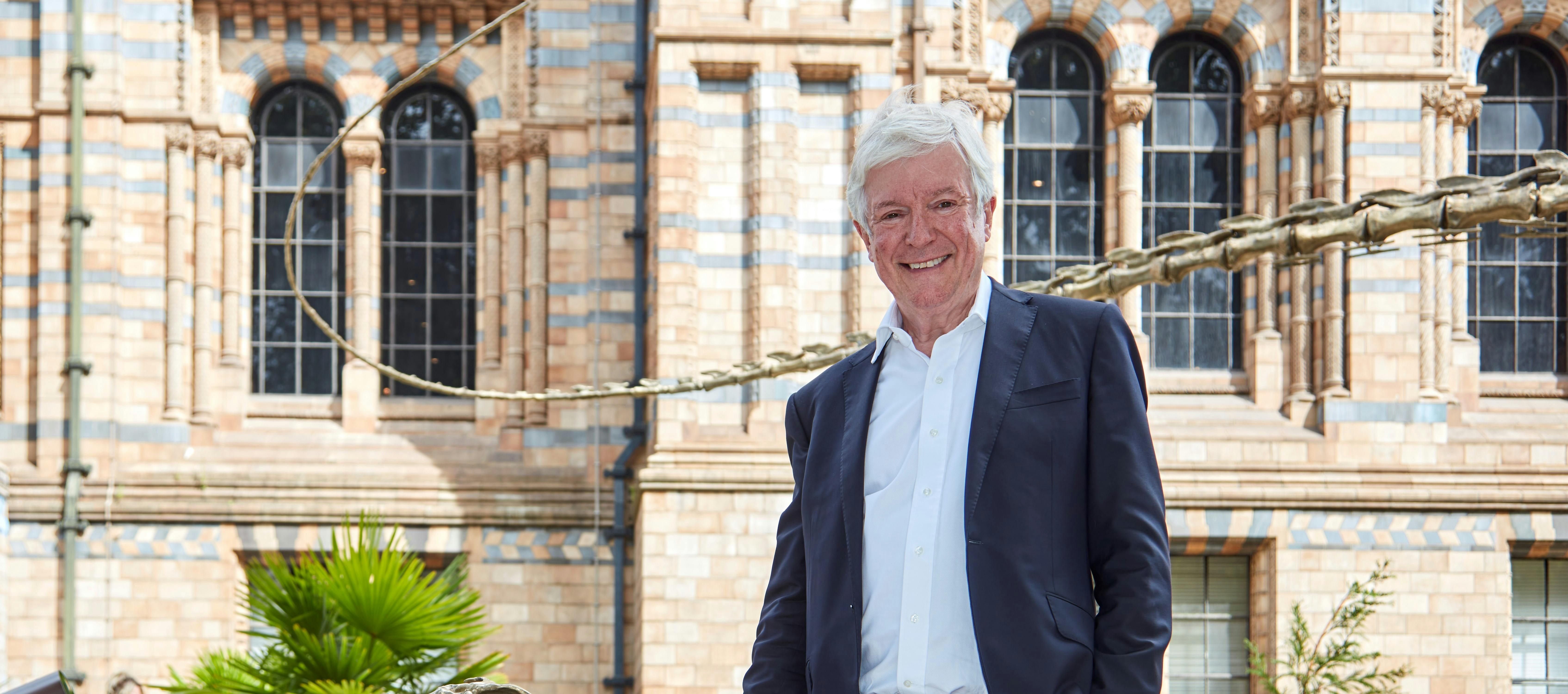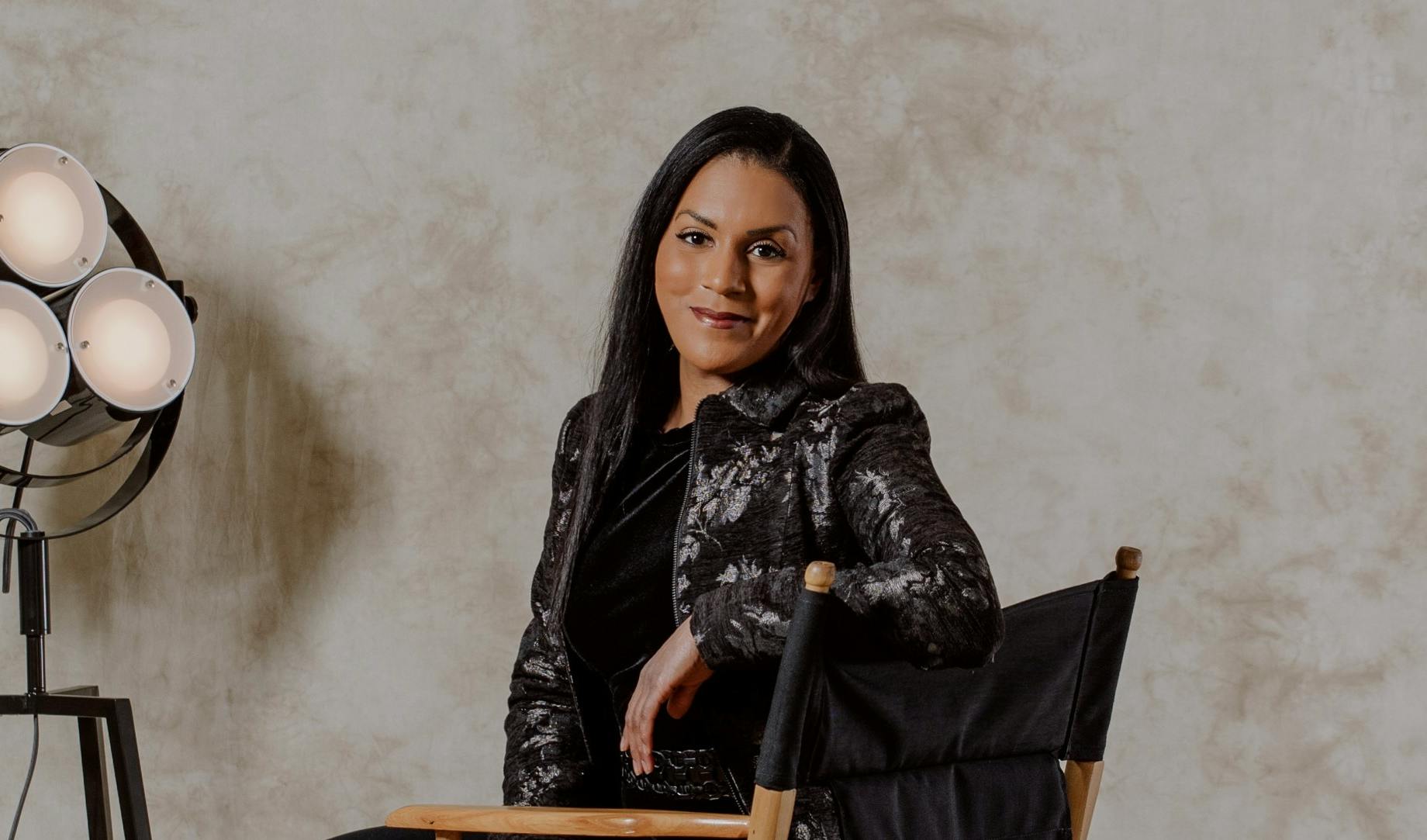
Redefining Your Board Career | CEO and Chair, Lucy Armstrong

Lucy Armstrong
Lucy is the CEO of The Alchemists, a boutique consultancy focused on supporting fast-growing entrepreneurial businesses (Enterprise Value £20m- £250m). Lucy is also Chair of Cyberhawk, Port of Tyne, Caspian, Holker Hall & Gardens and Enterprise Research Centre (UK).
🎙️ You can listen to the full podcast interview with Lucy on Spotify and Apple Podcasts
The members of the Nurole platform are among the highest achievers in their fields. They have a wealth of experience to offer those interested in board-level leadership.
That is why we believe it's important to share their experience.
Enter the Boardroom with Nurole - is a new weekly podcast. Nurole CEO Oliver Cummings sits down with board members who have made their mark in the boardroom.
Listen in for strategic insights into fundraising, board composition, board culture and the trajectory of non-executive careers.
Episode one features Lucy Armstrong, who Chairs Cyberhawk, The Port of Tyne, The Enterprise Research Centre, Holker Hall & Gardens . Lucy delves into an unconventional non-executive career, starting with a seat on the board of a privately-owned prison and teaching her the value of board composition.
Your unconventional non-executive career path saw you sitting on a prison board at 27. How did you approach this challenge?
In terms of boards, my first board role was actually at a high-security prison, when I joined the independent monitoring board of HMP Franklin, care of a friend of mine who pressganged me. That was a remarkable experience.
First of all, it's a world within a world. It is, as one might imagine, at times a highly charged atmosphere with two very different populations, the staff, and the prisoners, and with a very clear sort of remit in terms of being effectively the eyes and ears of the public in this closed world.
And that, for me is at the heart of what being a good non-exec or chair is. You're not there to control the organisation, but you are there to influence it, guide it, cajole it, observe it, comment on it, critique it, support it, challenge it… It’s a collective.
So actually, I don't think you could have got a better start for understanding how boards work, because boards are just groups of human beings trying to have a single purpose. I think people are what makes the difference to organisations, whether it's a charity or business.
What was it about that role’s onboarding process that stood out to you and has since influenced your onboarding methods?
There was a structured, thoughtful process of getting me up to speed with what the job content was and the different personalities and styles of my colleagues.
There was no attempt to box me in, they took their time to work out how I worked as an individual and what worked for me and what didn't work for me.
They were also incredibly receptive to you just asking questions. “Why did you do that? Why does that work? Why doesn't that work?” There was training with other people around the country, not just on my local board. It was a structured, thoughtful two-way induction process with feedback all the way through.
You need to be open to the new person, show them everything and allow them to ask whatever questions they like. You need to provide space in the induction for them [to] shape it in their way.
You need them, from day one, to feel that they are a full member while also undertaking their training and development.
All of your colleagues need to have an approach that says: “a new person on our board will give us new insight, will give us new energy, will bring value to us.”
What are some methods you use to encourage a more welcoming board culture?
I certainly try to buy as many colleagues into the recruitment process as possible. For example, I tend not to sit on interview panels myself quite deliberately so that there's a slot another colleague can take.
I would see all the shortlist candidates one to one for more informal discussion, not as part of the selection process, but to enable them to get a feel for whether they think they can work with me as a chair and vice versa.
Sometimes a buddying system can work, but that can become a bit exclusive. I think the key thing is to take your time and be patient, but welcoming.
Is there a strict balance between the number of professionals and experts on a board and effectiveness? Is there an optimal number of seats a board should have?
Context is everything.
I think it's possible to play with the structure in a way that enables the conversation to be intimate, open, challenging, supportive, respectful, and professional. It’s the Chair's job to make that happen, and it's the Chair's job to enable and use different techniques like away days, teachings, walks around departments, presentations from different departments…
All of those things contribute to and are vital to the successful running of a board. I don't see the board meeting itself as the be-all and end-all. In fact, with some boards I'm on, it's the least important aspect of what the board does.
I worry a bit about expert non-execs.
They are always useful. The way I describe it is I want a variety of “methods of mind”, and those methods of mind are informed by protected characteristics: your gender, sexuality, your ethnicity…
But they're also informed by how you've been trained and educated. So, if you've been trained as a lawyer, you've been trained to think and argue in a certain way.
If you've been trained as an engineer, you will do it in a slightly different way. In every individual, I want respectful, active listening and appreciation that others bring value because of their difference.
Do you have a framework for prioritising board composition when recruiting new members?
I think about sectors that they've operated in, about the scale of operation. I also think about personality characteristics.
Write it down. Have a skills matrix for your board so not all of that model is kept only in the chair's head. It needs to be agreed upon, because if only the chair has the model, then Fred might look at Bert and think “God, I don't like him” and he won't understand why Bert is in the room.
Nurole Insight
Lucy highlighted the importance of having systems and processes in place to bring the best out of board-level hires. The existence of those systems for hiring and onboarding quickly allowed her to find her niche within the board’s composition and build upon that to develop a successful board career.
Coupling a structured onboarding strategy with an ongoing board education process is a simple and effective but often overlooked means of getting the most out of board members, experienced and new.
🎙️ You can listen to the podcast Enter the Boardroom on Spotify and Apple Podcasts to stay up-to-date on the latest in board-level expertise.
Let's finish with a few quick fire questions...
One book every board member should read?
Wuthering Heights
Favourite quote?
“I told you I was ill.” Spike Milligan
Favourite holiday?
Holy Island, Northumberland, UK
Favourite app?
Wordle
If you are looking for senior executive and non-executive director roles, Nurole's innovative recruitment platform can help.






